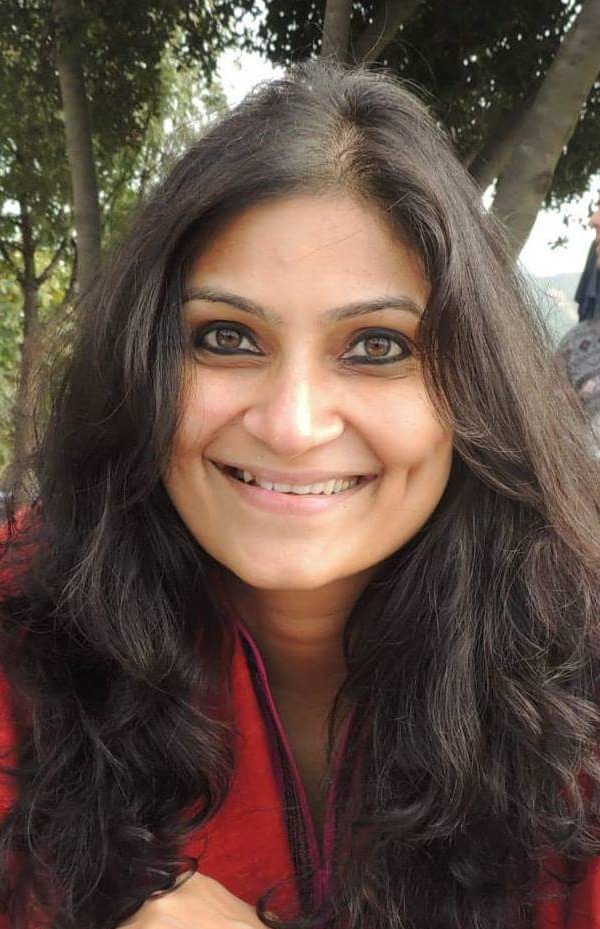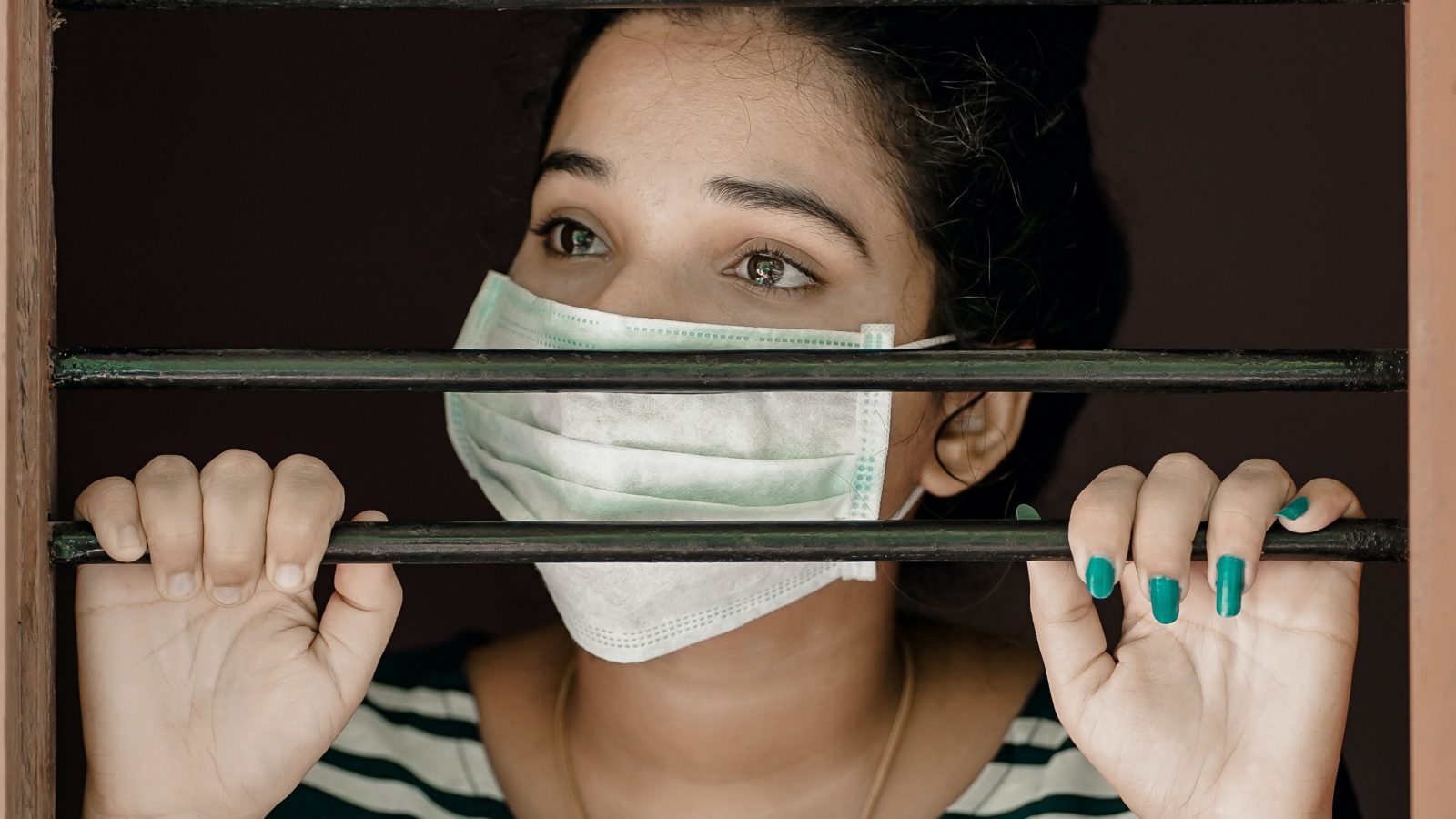She looked forlornly outside the tiny window of her apartment, wondering when she would walk out in the open once the lockdown got over. Going to school every day and teaching the kids was a respite from the abusive marriage she was in.
She found her happiness in the smiles that would light up the childrens’ faces as she walked into the classroom. She was loved; if not at home, at least outside of it. The home was a cage even before the lockdown deemed it one for so many people like her.
“Sunita,” bellowed her husband. “Kitni baar kaha hai chai mein doodh kam daala kar. Behri hai, ya dimaag nahin hai?” (How many times have I told you to put less milk in the tea? Are you deaf, or do you have no brains?)
I will leave out the swear words that followed that tirade. This followed a routine everyday, from hitting below the belt about how she was parenting their daughter, to how she managed the house, to how incompetent she was as a woman. The bruises on her arms and chest bore mute testimony to the one time she decided to speak up, only to keep her silence for the sake of her daughter. If only…
He sat in the corner of his room, with his head in his hands, sweat trickled down his forehead, his breath raspy and short. He got up and paced the room, his heart pounding even more, muttering under his breath, restless, anxious, “Let me out, please let me out. I’m going to die.” His mom’s reassuring words didn’t reach him as his panic attacks became more frequent with each passing day.
“Calm down, watch a movie, distract yourself, go out in the drawing room. The whole apartment is yours.”
“No, let me out. Let me out of these closed spaces.”
Welcome to the world of claustrophobia: An intense fear of closed, confined spaces in which the fear of having no escape and being “boxed” in, leads to panic attacks.
His mother had appealed to their Residents Welfare Association to allow him to step outside for a walk within the confines of the gated community, with all the precautions (a mask, physical distancing, leaving shoes outside the house, and washing his hands as soon as he got in, or whatever else they would ask of them). Her request was denied with the directive, “If we do this for one person, then everyone else will demand it.”
He took a blade and pressed it on his forearm till it bled a bit and he heaved a sigh. Something brought relief at least. Scars of past self-harm looked on. If only…
Eighty two year old “Aunty” washed the last dish and wiped her forehead. She was taking care of her husband who had hemiplegia due to a stroke. And she was taking care of the house, including the cooking, and cleaning because their part time maid wasn’t being allowed through the gates. Her back and arthritic hands were in constant pain. If only…
Mental health to the forefront
I have been putting in long hours at work, conducting webinars, counselling people and families as the lockdown wreaks havoc on their mental health and relationships. Some have reached out for therapy because they finally have the time to take care of themselves. Jopu, my old dog and the king of the house, passed away, which came as a double whammy. Compassion fatigue was looming large.
Running, my usual stress buster, was on hold since the lockdown, and I had made my peace with workouts at home. I did miss it though. On one of the days when my threshold was low, I caught myself grieving and I needed to bounce back, which I did, but then a thought crept up: If only…
The lockdown revealed our true colours
If only this caged existence ended, and we had the freedom to live, keeping in mind the precautions that are needed to mitigate the transmission of the coronavirus. I am not a hedonist, wanting to do things for pleasure, but to exert my free will conscientiously, responsibly, unselfishly, prudently.
I am not suggesting throwing caution to the wind, but we have to strike a balance towards preserving our human capital which is struggling in many ways due to the severe lockdown. Domestic violence, anxiety, and depression seem to be rising as people face financial hardships, job losses, an uncertain future, and a long, winding road ahead with no guideposts.
People have held on. Patiently. Compliance with the lockdown was high because we felt we were on the right path to flatten the curve. We believed what was told to us. We also complied with lauding our #CoronaWarriors, the medical and paramedical staff by banging thaalis, ringing bells, blowing conches, lighting candles, showering petals nationally.
But we also showed our true colours: By shunning them from entering their own homes because we feared acquiring the infection from them since they were high risk. We didn’t raise our voices along with the doctors and nurses in their fight for Personal Protective Equipment (PPEs) who clearly said they want none of the fanfare but to get home safe to their families. To live to see another day for their loved ones. They marched on relentlessly, alone, in their quest to save lives.
We made the most of the lockdown. Followed our passions, took a break, learnt something new, spent time reconnecting with old friends, sought forgiveness, granted forgiveness, patched up, and broke up. We followed our hearts. The same hearts bled for the migrant workers and we did our bit for them. Compassion was also seen and experienced.
Human nature is so fickle, I realised. We give, we take, we withhold. We scream, we stay silent. We express gratitude in the most ungrateful ways at times.
I digress, because I am expressing my angst about the human suffering I am seeing up close lately. And no, this is not the vicarious trauma creeping up. I am writing this as cogently and coherently as I have known myself to be as a mental health professional.
Something needs to be done about the anguish we are experiencing. And being in a severe, restrictive lockdown as a blanket rule isn’t helping us anymore. The impact on mental health is likely to be larger than anything we have seen before. We haven’t even touched the tip of the iceberg.
Rising cases, lowering guards
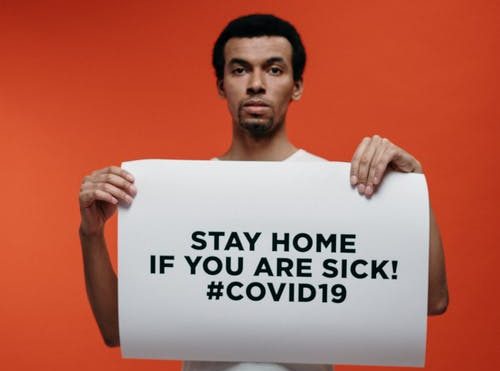
The Covid-19 positive cases are constantly rising and we need to live with it, around us, in our minds, in our physical surroundings. It doesn’t mean that we give up and go back to our “old ways” and congregate in large numbers, gather in crowded, public places, and whatever else exponentially puts us at risk for community transmission. It means we have to live with the virus and we need to take collective responsibility for us to step out as responsible citizens, while taking necessary action to safeguard ourselves, our loved ones, and our community.
Of course, if it was that easy, why would I be writing about it? Because the human variables of cognition, emotion, and behaviour are critically important in managing and preventing the spread of a pandemic. Civic responsibility, physical distancing, hygiene protocols, compliance with the authorities all constitute an act of volition and we exert our free will.
What governs our will is what I want to talk about. When a threat to their safety arises, people vary widely in their reactions. Some use logic, some get overwhelmed with the emotional distress such as intense anxiety or fear, and some may take on an attitude of indifference and fatalism. Where do we congregate so that we balance emotions with logic? Where a moderate level of concern can help us cope better and more logically with health threats, but where severe distress can be debilitating too.
We live in the information age where so much data is available to us. Along with data comes sensational, fact-distorting news about health and illness that we lap up. We become vulnerable and overestimate our risk of acquiring a disease. Fears crop for ourselves, our loved ones, up and the only safety net we build ourselves around it is avoidance of anything that could put us at risk.
Fear fuels phobia
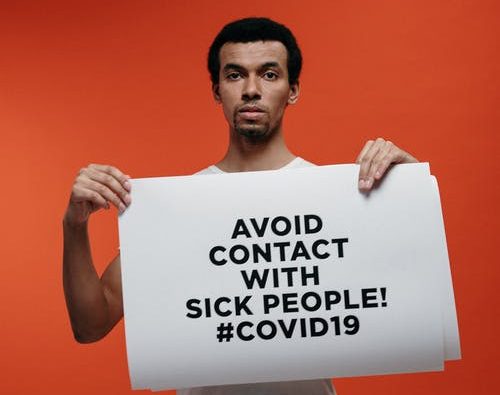
Defensive reactions for self-preservation such as stigmatisation of healthcare professionals, airline pilots, and xenophobia (don’t eat Italian food, the attack on the man from China) crop up. Our behavioural immune system kicks in when we see someone cough or sneeze (an allergic reaction, a tickle in the nose or throat, for example) and we look at them with fear or disgust. We recoil, without realising how ashamed the other person felt. We stay home.
Quarantine fatigue is real. There are people who are bearing the profound burden of the lockdown and extreme isolation like the ones I have written about. And if that wasn’t enough we are dealing with incidents of pandemic shaming where we publicly call out and shame perpetrators’ behaviours on social media.
Posting pictures on social media with an attempt to ridicule those morning walkers, people without masks, those violating physical distancing may not be effective in motivating compliant behaviour. Shaming brings up defensiveness, isn’t persuasive but runs the risk of perpetuating maladaptive behaviour such as hostility and counterattacks of “Who are you to tell me what to do!” It backfired.
In a webinar I conducted on psychological resilience in the times of a pandemic, I had people mention how they were at the receiving end of a host of judgments for not making the most of the lockdown. They saw staying at home as a silver lining for taking that well deserved break, for enjoying that much craved for solitude, but what they received were directives to “stop being lazy”, “work on yourself”, “now is the time”, even though they knew what they needed the most. Self-doubt crept in, “Am I really wasting my time and will I regret it later?”
Glamourising the lockdown needs to stop. These are indirect ways of festering a holier than thou attitude and are creating more rifts and chasms than needed.
Isn’t the threat of the virus enough?
What is it doing to us at a psychosocial level?
Our tendency to be fearful, anxious, irritable is high; we overestimate the threat and tend to be hyper-vigilant of every possible pathogen in the surroundings. We don’t know the trajectory of the virus and uncertainty looms large: Could I get infected? How serious can it be? That person I meet could be an asymptomatic carrier! How do I manage holding doorknobs, handling cash, the stuff from the grocer? Should I visit the hospital for the much needed physiotherapy for my broken ankle? Is this pandemic getting over?
The fear of the unknown is the fundamental fear underlying our anxieties. The news media doesn’t do much to alleviate it either because there is mass speculation on what “might” happen next.
Pandemics come in waves, and we need to be able to tolerate and work with a certain amount of ambiguity. Those of us who are unwilling to embrace that uncertainty are predisposing ourselves to distress which may functionally limit us, leading to let’s say, a high amount of health anxiety. We will refuse to step out of our homes, and even if we do, we will be in a state of high alert, causing our bodies to undergo immense stress.
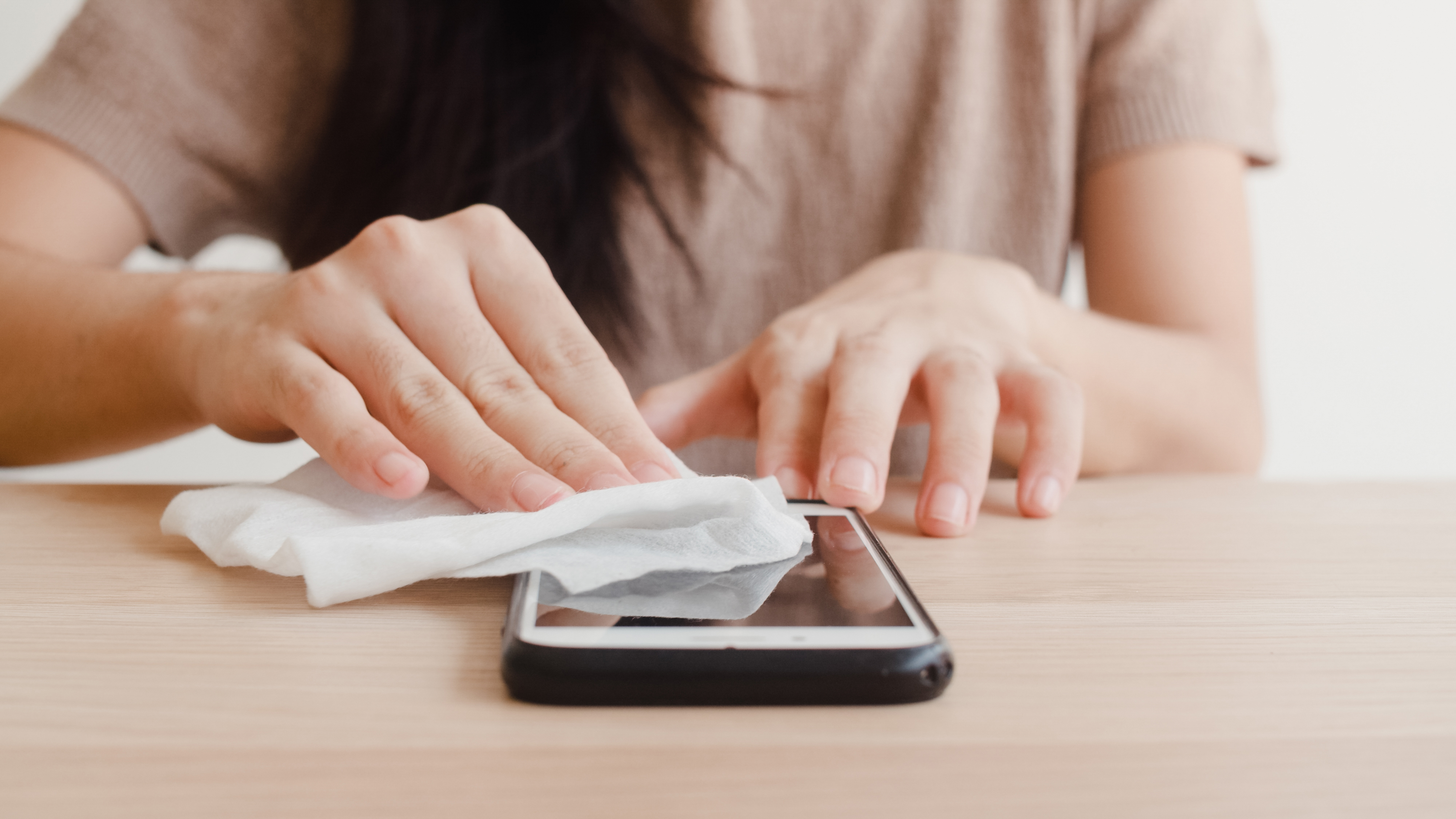
Being in denial, with our head buried in the sand about the seriousness of the pandemic is also another behaviour I would like us to be privy to. Thinking that we are immune to the pandemic, have a robust constitution which has withstood many illnesses, or have a false sense of optimism and bravado is not the need of the hour. Such people may underestimate their susceptibility to risk, may not pay heed to risk communications and may neglect to perform preventive health behaviours that are mandated for the prevention of the transmission.
How can we show empathy
Yes, human motivation, behaviour, and responses are complex. We cannot expect civil obedience, conformity and compliance today when we haven’t seen it in the past decades in our country. And hence we are treated like children, governed by rules and disciplinary action, being told what needs to be done, without raising a word. It worked for a bit in the initial weeks of the lockdown, but now there is unrest brewing.
We collectively need to do our bit. Non-judgmentally, with compassion, kindness, and empathy. We cannot expect to have a relaxed lockdown if we don’t do our bit to ensure safety which is primarily physical distancing and good hygiene practices as priority. Enough with the fear mongering. Can we stem from a space of responsibility, of being in charge, of being calm yet concerned, of moving forward safely rather than avoid getting out of our homes completely, of being there for each other?
Our mental wellness is at stake. The well-being and security of our families are at stake if we don’t start getting out and bringing in money for basic sustenance. Our inner worlds are being jangled when we lose loved ones and are unable to attend funerals or grieve with friends and family; when we crave that physical presence of our loved ones. Our basic right to freedom is under threat when we can’t walk under the blue skies. Our children lose a bit of their childhood when they see domestic violence on the rise. Our parents’ faces show a few more wrinkles when they helplessly watch their children self-harm. We lose a bit of ourselves when the lockdown threatens our livelihood and we see no hope. We lose faith in the system that we trusted would protect us, but lets our citizens from the low socio-economic strata languish and struggle. We are now losing more than the virus could take away from us.
It took a pandemic to bring mental health to the forefront. And yet we continue to helplessly watch. We showed mirrors to people, but we didn’t show them what to do with the reflection.
So, having seen your reflection in the mirror, are you still going to watch helplessly?
*Note: The names of the people have been changed to protect their identity.

